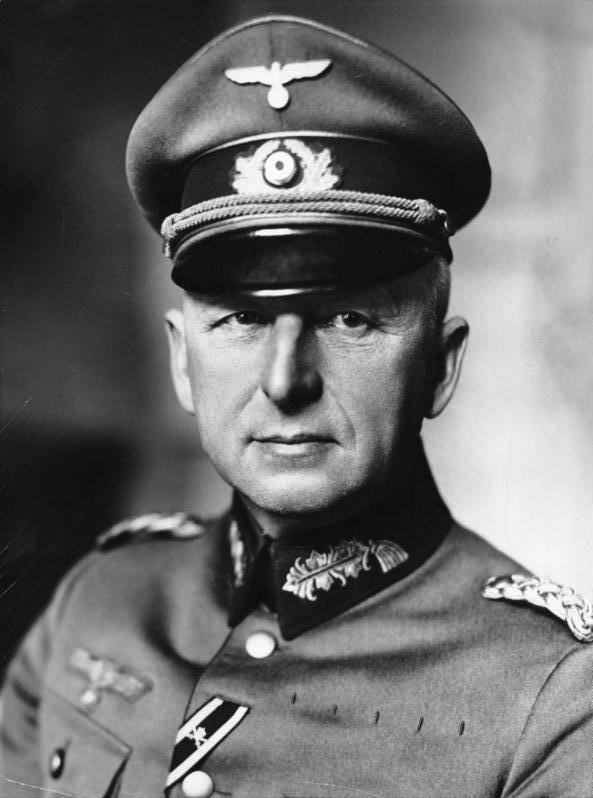Blitzkrieg prevention methods?
Jan 9, 2018 14:47:49 GMT
best75, Wilhelm Ritter von Leeb, and 2 more like this
Post by Laurent de Gouvion St. Cyr on Jan 9, 2018 14:47:49 GMT
Other answers here have been spectacular. I'd like to add what IMO are necessary preparations to implement tactics against blitzkrieg (as IIRC the answers here focus on the tactical aspects).
If you have preparation time, use it to set up a trusted intelligence network and a trusted staff capable of starting war games. Blitzkrieg relied on attacks to lightly protected sectors, exploiting the breakthrough as to achieve rout/destruction of enemy forces. The key here is to not get surprised, ofc. Had the Polish known of the war to come in 1939, perhaps their air force might not have been utterly destroyed, incapable of providing effective resistance against the Luftwaffe (and the Blitzkrieg as a whole). Fall Gelb and early Barbarossa are both examples of political/doctrinal concerns over intelligence and war game result. Always put hard data on top, regardless of political concerns. Know everything.
In that same vein, purge your inner ranks of any possible spies or leakers. Part of Rommel's success in Africa was the breaking of the US Black Code, enabling him to receive detailed reports of British positions and intentions from a US attache in Cairo. An important part of creating a trusted intelligence network is a clear need-to-know hierarchy. You, on top, need to know everything, but those below only need to know as much as to succeed in their task.
Second, establish coordination between your troops. Blitzkrieg relied on local numerical superiority, bringing more troops to bear in areas of engagement, while not necessarily having the most on paper. Set up radio on every unit, ensure that most have motorized capability, and you can plug any gap exploited by the Blitzkrieg users. Or at least, slow them down. If impossible, at least an order to retreat from imminent threat, to regroup is possible. Alternatively, if you have exact intelligence, you can go the Montgomery way of planning everything out.
Understand too that the lines that you start in might not be the best suited for defense. Build a defense in depth, really.
If you have preparation time, use it to set up a trusted intelligence network and a trusted staff capable of starting war games. Blitzkrieg relied on attacks to lightly protected sectors, exploiting the breakthrough as to achieve rout/destruction of enemy forces. The key here is to not get surprised, ofc. Had the Polish known of the war to come in 1939, perhaps their air force might not have been utterly destroyed, incapable of providing effective resistance against the Luftwaffe (and the Blitzkrieg as a whole). Fall Gelb and early Barbarossa are both examples of political/doctrinal concerns over intelligence and war game result. Always put hard data on top, regardless of political concerns. Know everything.
In that same vein, purge your inner ranks of any possible spies or leakers. Part of Rommel's success in Africa was the breaking of the US Black Code, enabling him to receive detailed reports of British positions and intentions from a US attache in Cairo. An important part of creating a trusted intelligence network is a clear need-to-know hierarchy. You, on top, need to know everything, but those below only need to know as much as to succeed in their task.
Second, establish coordination between your troops. Blitzkrieg relied on local numerical superiority, bringing more troops to bear in areas of engagement, while not necessarily having the most on paper. Set up radio on every unit, ensure that most have motorized capability, and you can plug any gap exploited by the Blitzkrieg users. Or at least, slow them down. If impossible, at least an order to retreat from imminent threat, to regroup is possible. Alternatively, if you have exact intelligence, you can go the Montgomery way of planning everything out.
Understand too that the lines that you start in might not be the best suited for defense. Build a defense in depth, really.





